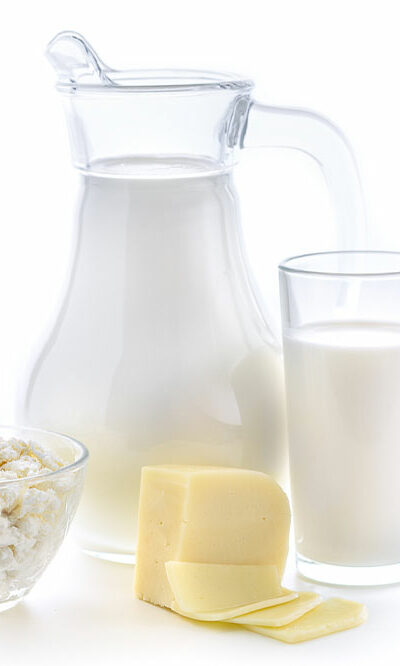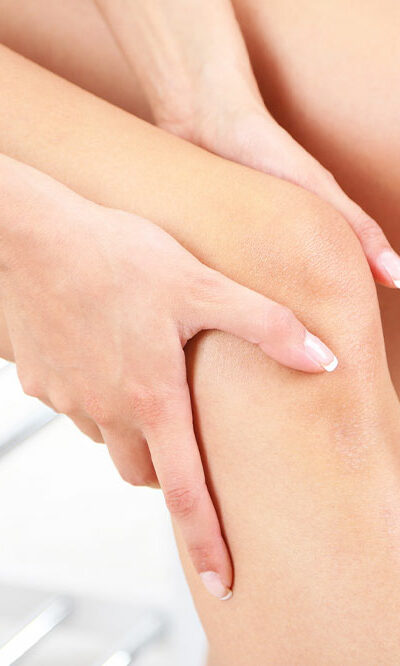
01
3 excellent ways to boost bone health
Many people don’t realize the importance of building and maintaining strong and healthy bones until their bones begin to weaken. Bones protect vital organs and store important nutrients and minerals. However, common diseases like osteoporosis, which affects about 10 million people in the country, can make the bone weak and more likely to break. Fortunately, osteoporosis and other diseases that affect the bone can be managed and even prevented with these simple tips: Treatment options For women with osteoporosis, an excellent treatment option is EVENITY®. The FDA has approved it to treat osteoporosis in women after menopause. Those looking for an effective bone strengthening treatment must know that EVENITY® works in two ways to treat osteoporosis: it boosts the body’s natural ability to form new bone and reduces bone loss simultaneously. It’s one of the only treatments to target these two critical aspects of bone health simultaneously. Studies conducted on EVENITY® found that it helps build new bones rapidly and reduces the risk of spine fracture in 12 months. It consists of two shots (single dose) given under the skin monthly by a healthcare provider. Like every other treatment, EVENITY® comes with certain side effects. The most common side effects are joint pain and headaches.
Read More 

















